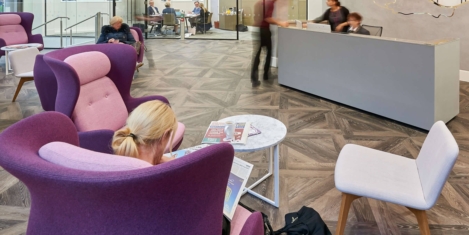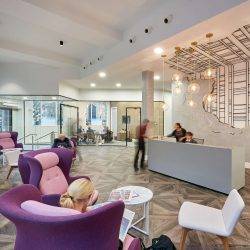March 19, 2019
Demotivated workers would be driven by higher pay and more flexibility
 Almost a third (31 percent) of UK professionals state that their expectations are ‘not being met at all’ by their current employer, whilst a further 24 percent state that their needs are only just ‘moderately’ being met. The findings, which come from research undertaken by recruiter Robert Walters and job board CV-Library – also suggest that while the amount they were paid was most important to staff, other benefits are increasingly playing a more prominent role in keeping staff motivated. Well over half (61 percent) claimed that work-life balance, flexible working hours (39 percent), and cultural fit (25 percent) are crucial to keeping them happy at work. (more…)
Almost a third (31 percent) of UK professionals state that their expectations are ‘not being met at all’ by their current employer, whilst a further 24 percent state that their needs are only just ‘moderately’ being met. The findings, which come from research undertaken by recruiter Robert Walters and job board CV-Library – also suggest that while the amount they were paid was most important to staff, other benefits are increasingly playing a more prominent role in keeping staff motivated. Well over half (61 percent) claimed that work-life balance, flexible working hours (39 percent), and cultural fit (25 percent) are crucial to keeping them happy at work. (more…)





































March 18, 2019
Artificial Intelligence is transforming the workforce as we know it
by Dennis Spaeth • AI, Comment, Technology
(more…)